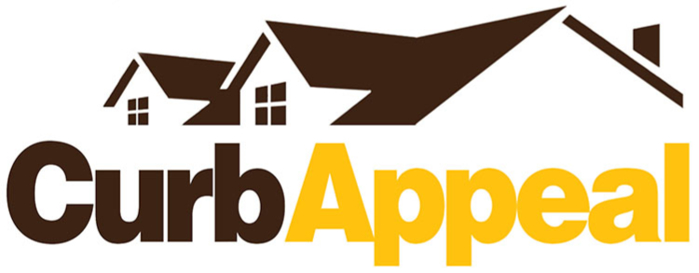Photo: © Delmaine Donson - iStockphoto
 Buying a home is a complex process, and it's important to understand the terminology before you start looking for a property. Here's just a few real estate terms to get you started:
Buying a home is a complex process, and it's important to understand the terminology before you start looking for a property. Here's just a few real estate terms to get you started:
Fixed Mortgage Rate: With a fixed mortgage rate, you will keep the same interest rate throughout the loan's term. Markets can change, but the rate is for the life of the loan.
Adjustable Rate Mortgage: An adjustable rate mortgage (ARM) has an interest rate change after a fixed period of time and on a predetermined schedule. Because the homeowner's interest rate changes every year on the loan's anniversary, it is considered to be a riskier choice. Sometimes the top interest rate is capped in this type of loan.
Appraisal: Lenders need to know the value of a home before they can approve a loan. A professional appraisal determines the value of the home, including the condition, upgrades, location, and selling prices of comparable homes in the neighborhood.
Earnest Money: A sum that is paid when you enter a buying agreement is called earnest money. It indicates you are serious about your intentions to purchase the home. The amount can vary, and your real estate agent will advise you on this matter. If you change your mind and do not go through with the sale, the seller will get to keep the earnest money.
Offer and Counteroffer: When you find a home you want, your real estate agent will assist you in making an offer. Buyers seldom offer the asking price and usually offer a lower amount.
Acceptance: When you and the seller agree to the terms of an offer, it is an acceptance. And you are "under contract." You can lose your "earnest money" or deposit if you decide to back out after you have reached the acceptance point in the sale.
Under Contract: When the buyer and seller have agreed on an offer for the home, but the closing has not taken place yet, they are under contract. Before the closing can take place, any "contingencies" must be met.
Contingency: When certain conditions are written into the contract and must be met before the sale can close, they are called contingencies. Everyone should include passing a home inspection as a contingency. If contingencies are not satisfied, you can void the contract without financial consequences.
Closing and Closing Costs: When the closing takes place, the ownership of the home is transferred to the buyer. In addition to the home's cost, you will pay closing fees that may include appraisal fees, escrow fees, points, credit check cost, loan origination fees, and similar associated charges. Sometimes negotiation with the seller can result in them paying a portion of the closing costs. An example might be: in the case of a necessary repair, the seller pays the amount in closing costs.
Want to know more? If you have questions about buying a home, listing your home for sale, or if you need help finding a lender, contact me today!










 Buying a home is a complex process, and it's important to understand the terminology before you start looking for a property. Here's just a few real estate terms to get you started:
Buying a home is a complex process, and it's important to understand the terminology before you start looking for a property. Here's just a few real estate terms to get you started: